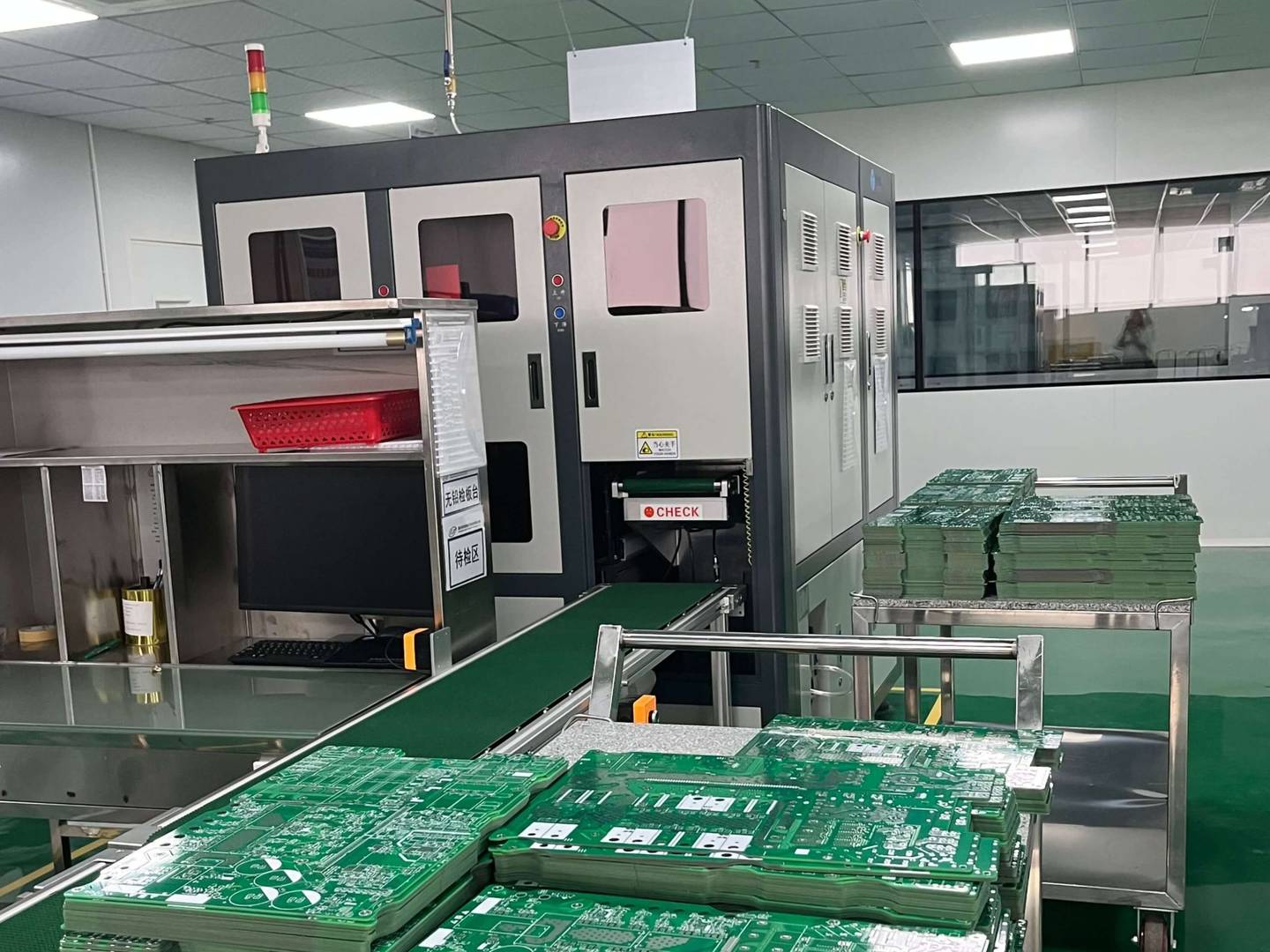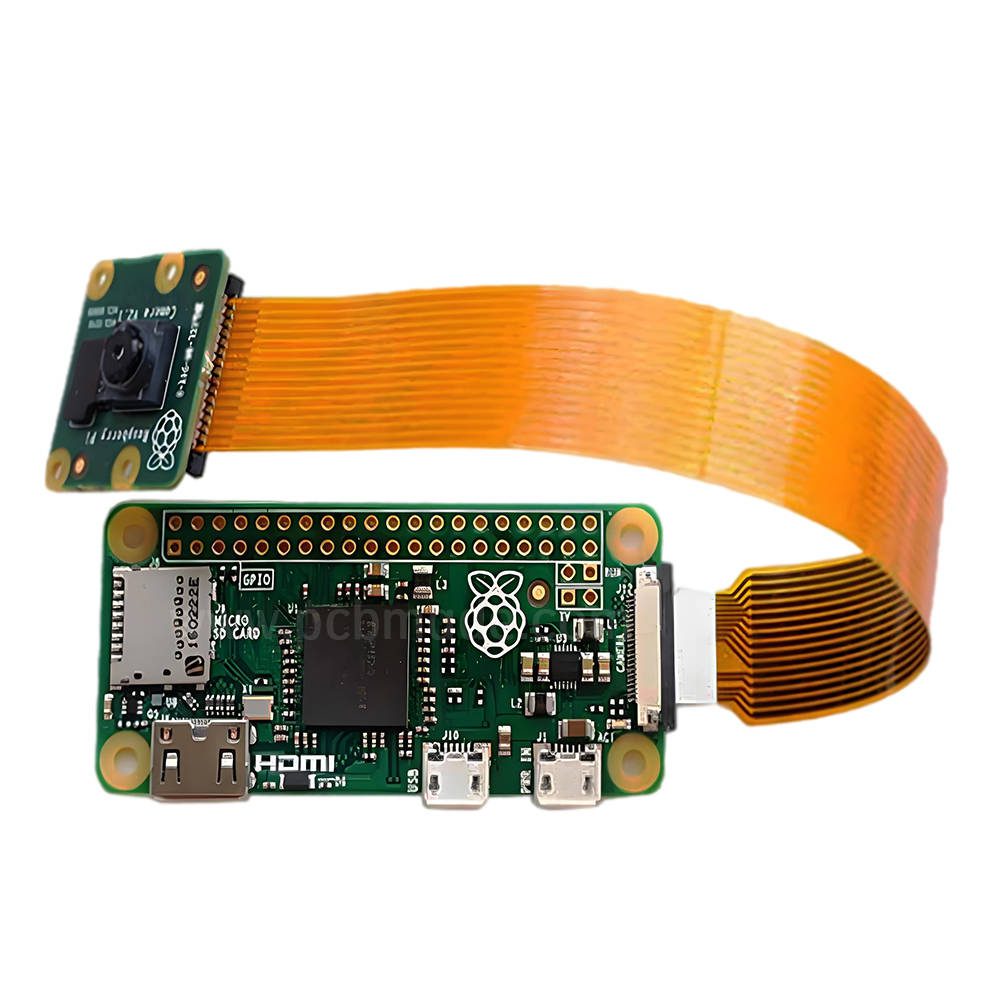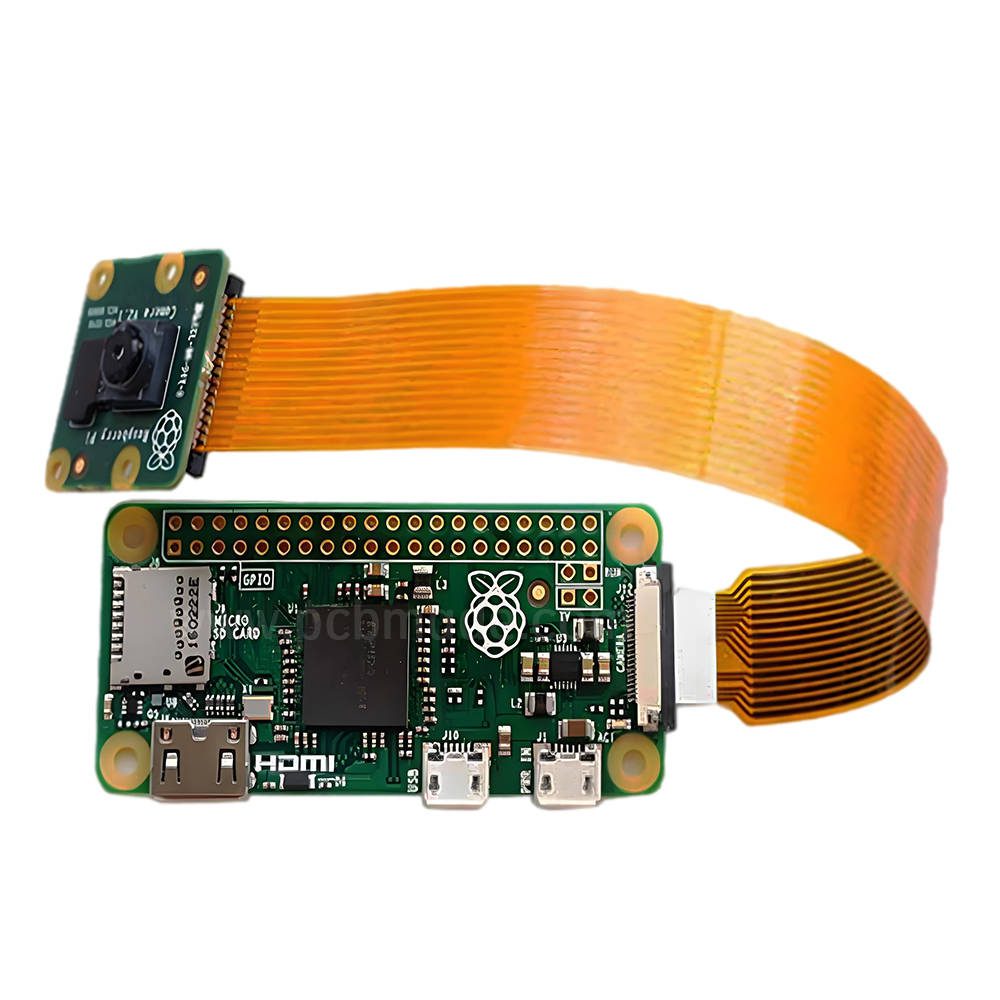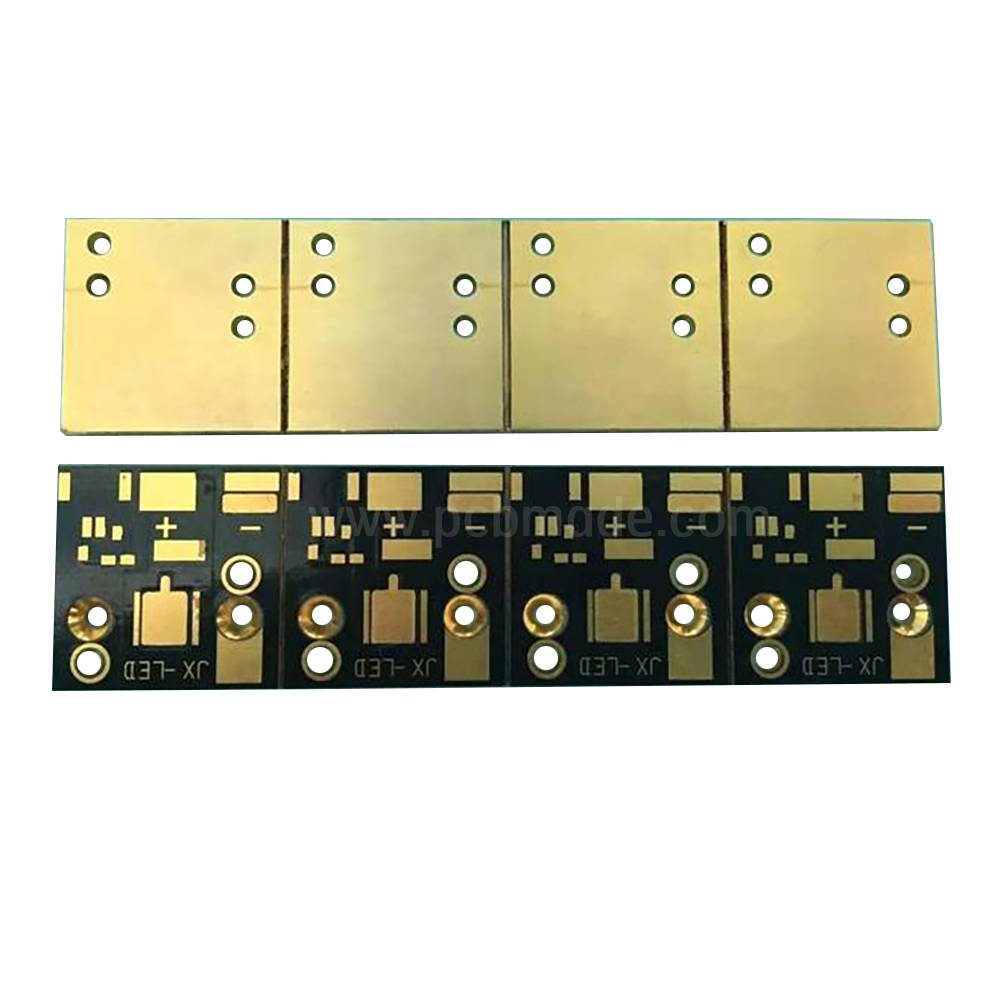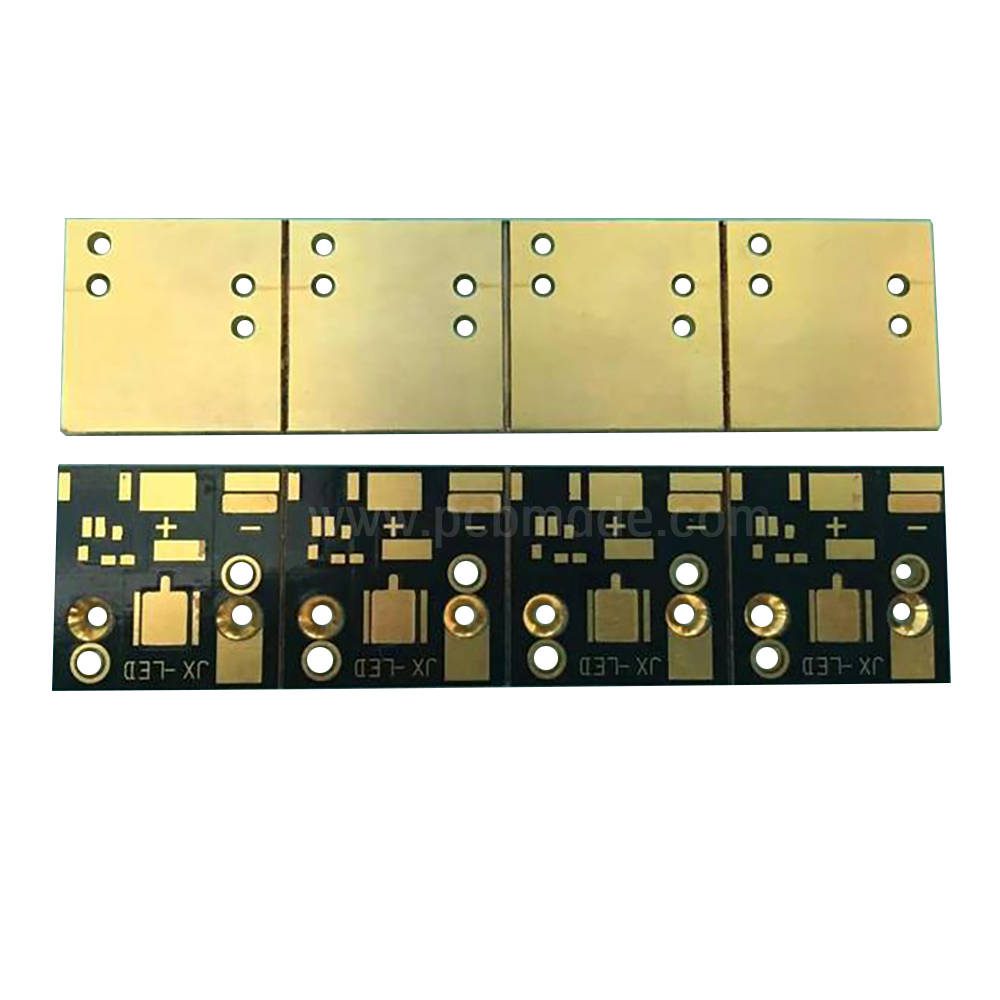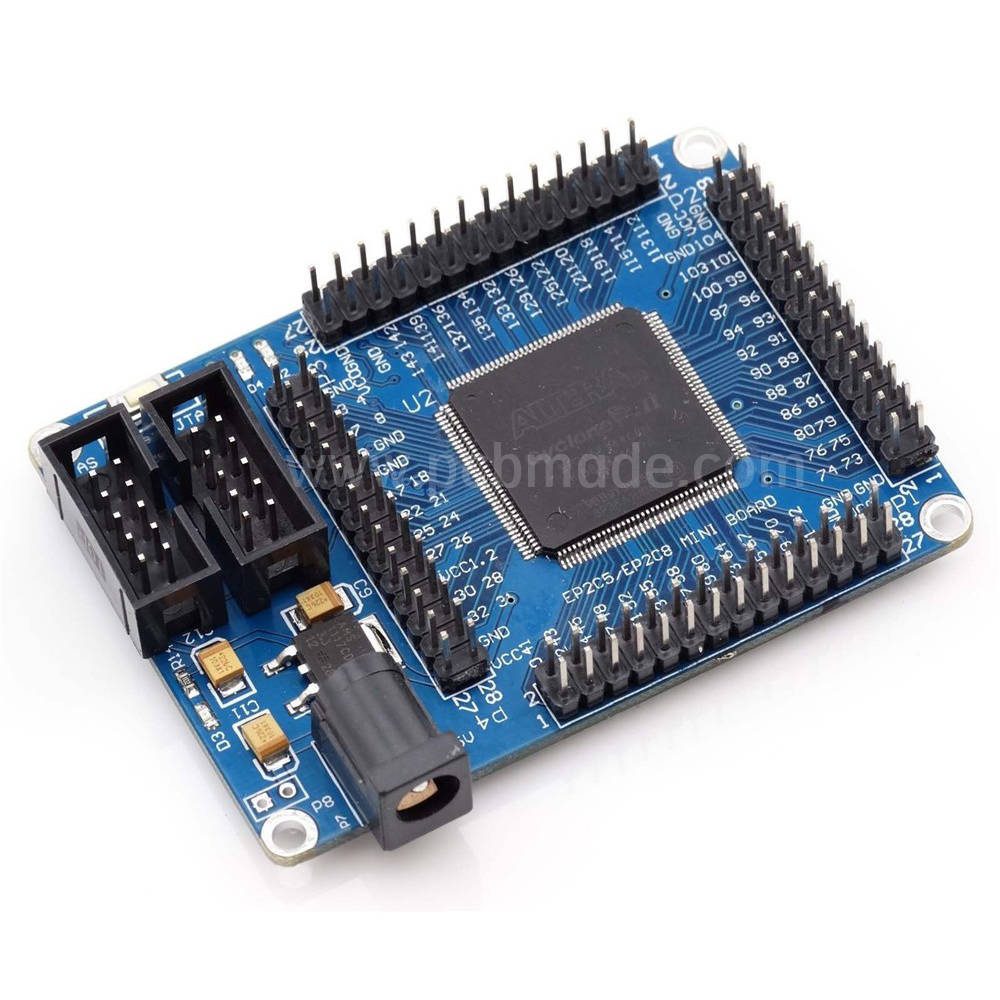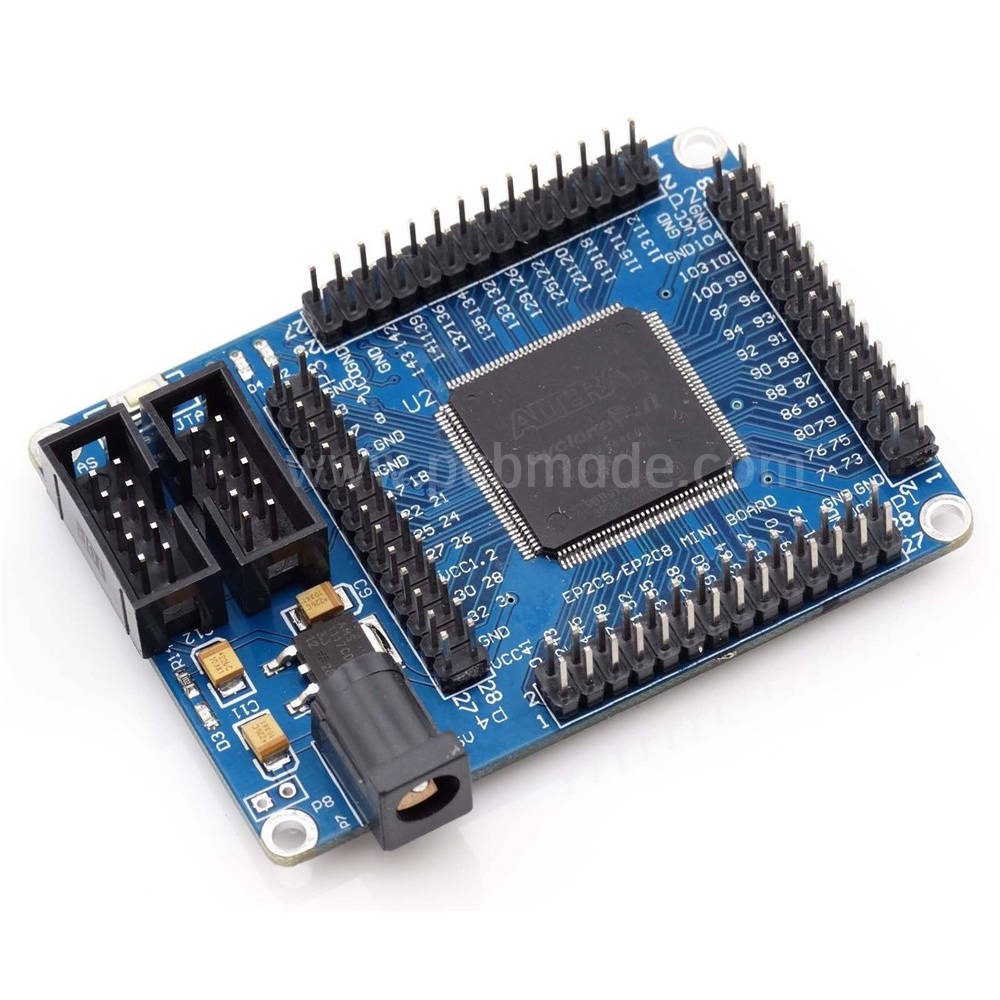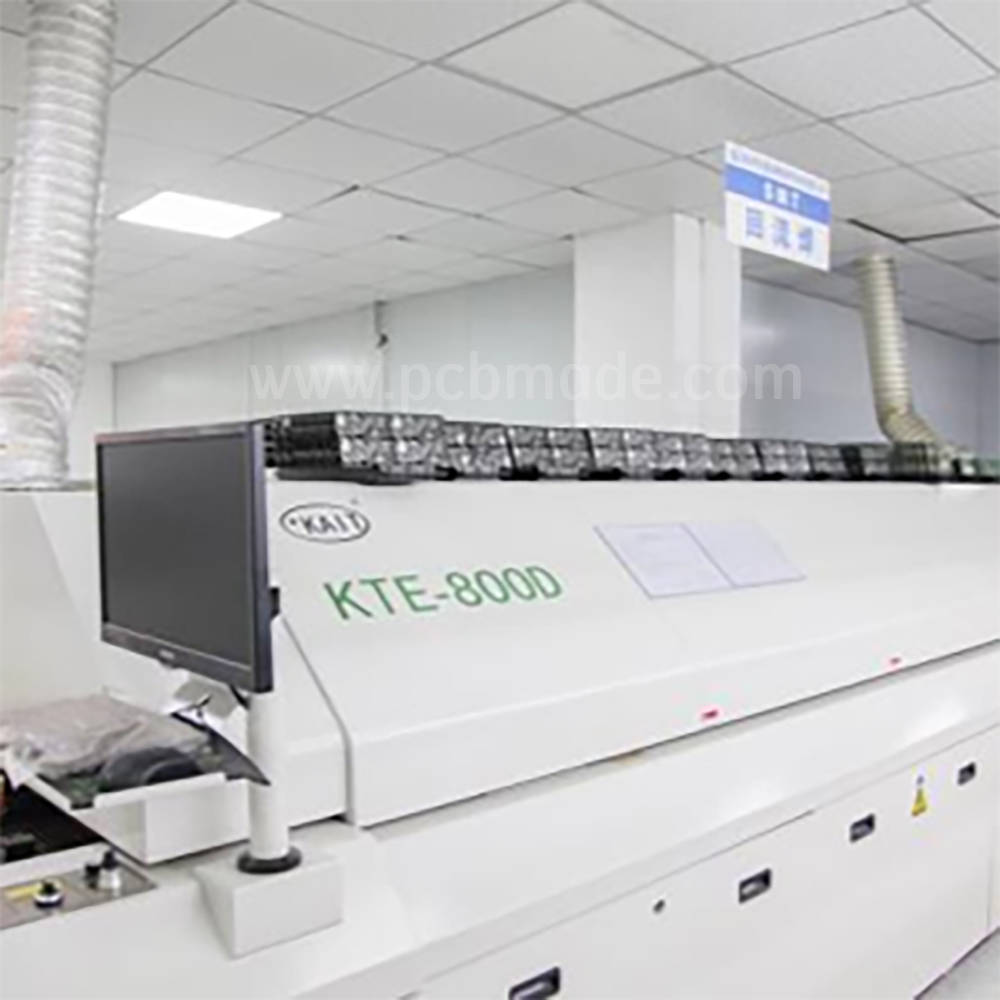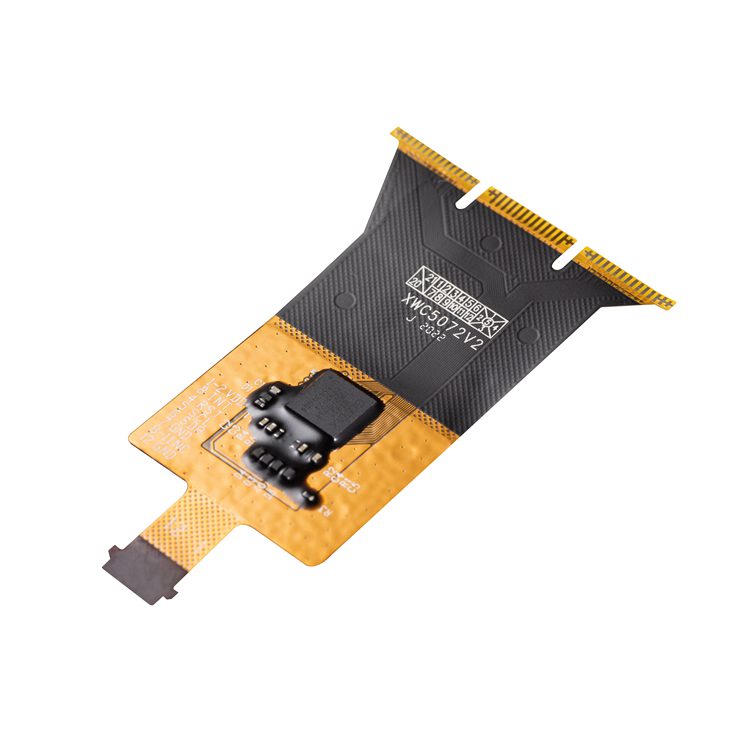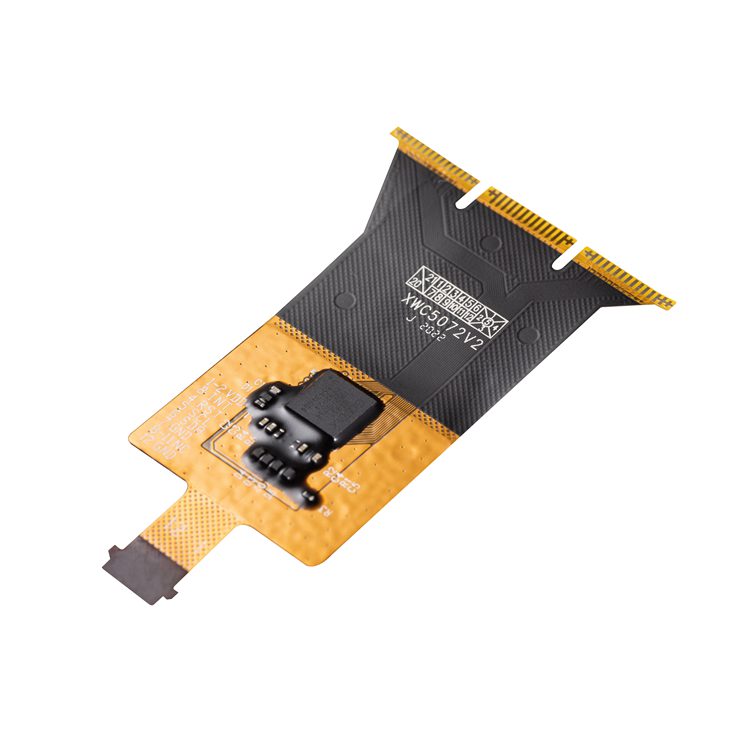Key Features for Automotive Applications:
- Extreme Temperature Resistance: Operates reliably in **-40°C to 125°C** environments, critical for automotive electronics exposed to harsh conditions.
- Mechanical Flexibility: Supports repeated bending and vibration resistance (up to 10,000+ bends) for dynamic mounts in door panels, dashboards, or under-hood components.
- Water/Dust Proofing: Built-in conformal coating and IP67/IP68 certification ensures resilience against moisture, oil, and automotive-grade contaminants.
- High-Density Interconnects (HDI): Uses microvias (0.05mm/2mil) and for compact layouts in advanced driver-assistance systems (ADAS), infotainment screens, and battery management modules.
- Signal Integrity: Controlled impedance (100Ω–10GHz) and EMI shielding options for seamless communication inCAN, LIN, and high-speed data transmission.
Applications in Automotive Systems:
- Interior Electronics: Seat controls, climate system interfaces, and instrument cluster displays.
- Sensors & Actuators: Tire pressure monitoring systems (TPMS), airbag deployment units, and steering wheel controls.
- Lighting Systems: LED matrix headlights, interior ambient lighting, and brake light assemblies.
- ADAS & Autonomous Driving: Camera modules, radar interfaces, and LiDAR signal processing.
- Battery Management: Flexible connections for electric vehicle (EV) battery packs and thermal monitoring systems.
Advantages Over Rigid PCBs in Automotive Use Cases:
- Space Optimization: Slim profiles (0.1mm thickness) save 30–50% in vehicle design volume compared to rigid boards.
- Cost Efficiency: Reduces assembly complexity and wire harness costs through simplified 3D conformal mounting.
- Design Freedom: Enables curved, uneven, or wrap-around designs for aerodynamic or ergonomic automotive components.
- Long-Term Reliability: Verified for 10+ years of operation under IPC-6012 Class 3 standards and ISO 16949 automotive-grade quality requirements.
Manufacturing Compliance:
- RoHS/REACH Compliance: Lead-free soldering and eco-friendly materials for global automotive markets.
- Automotive Grade Testing: Passes AEC-Q101 reliability tests for thermal cycling, humidity, and mechanical shock.
- Quick Prototyping: Supports 10–20 days lead time for custom designs, accelerating product development cycles.
Target Audience:
Automotive OEMs, Tier 1/2 suppliers, EV startups, and engineers seeking flexible, durable PCB solutions for next-gen vehicles.


